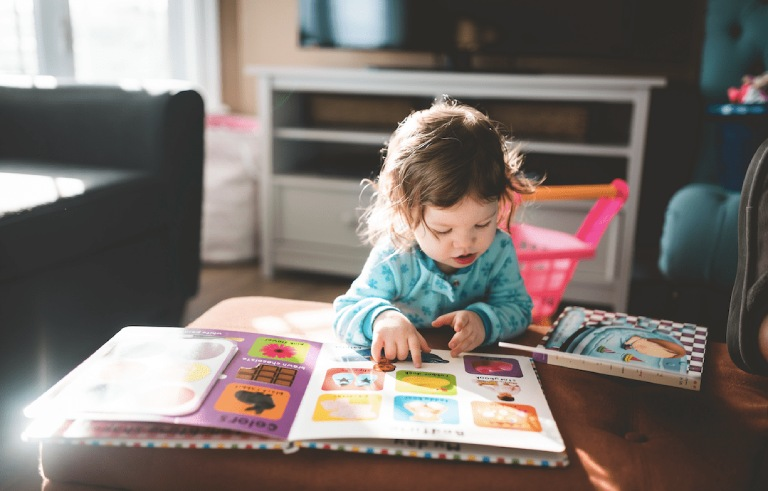Children Love Being Alone: 3 Superior Abilities
In fact, parents don’t need to worry too much, the loneliness of children not only forms an independent system but also cultivates three abilities.

Ability 1: Children who are alone have higher concentration
When you think that your child is alone and has nothing to do, their ability to concentrate may be quietly improving. For example, if a child is drawing, solving puzzles, or quietly reading alone, even if the child is quietly splashing water all over the floor, they are doing everything with great concentration and will help improve their concentration.
Ability 2: Children who are alone have superior problem-solving skills
You may think that lonely children lack social skills, but in fact, they have superior problem-solving skills. Because without help, children often think of solving problems on their own first. This type of child has a strong heart and has a higher chance of success in the future.

Ability 3: Children who live alone have excellent thinking skills
According to Germans, only when you are alone can you increase your thinking and problem-solving abilities. In reality, if you are caught up in communication between individuals for a long time, your thoughts are often influenced by others, which means that such people have no opinion of their own, rely on others, and lose the ability to think.
People who are used to being alone will have more time to think, clarify their thoughts, and realize the truth. As Japanese writer Norio Udo Nori mentioned in his book “The Power of Loneliness”: Loneliness is the best opportunity for us to understand ourselves.
12 Psychological Strategies for Achieving Family Happiness as a Man
It is no secret that keeping a family happy is no easy task. Fortunately, men can utilise a number of psychological tips to help maintain a sense of harmony and joy in their household. In today’s society, the role of men in ensuring a loving and nurturing atmosphere is invaluable. Here are 12 psychological tips for men to help bring harmony and joy into their households.


































